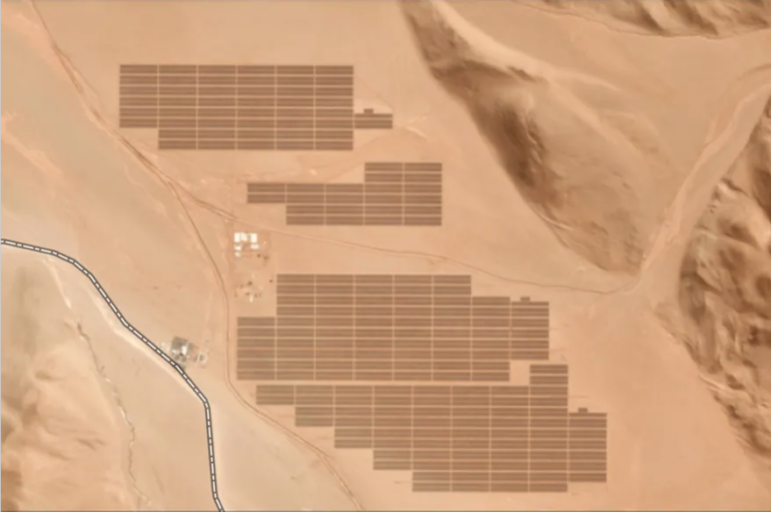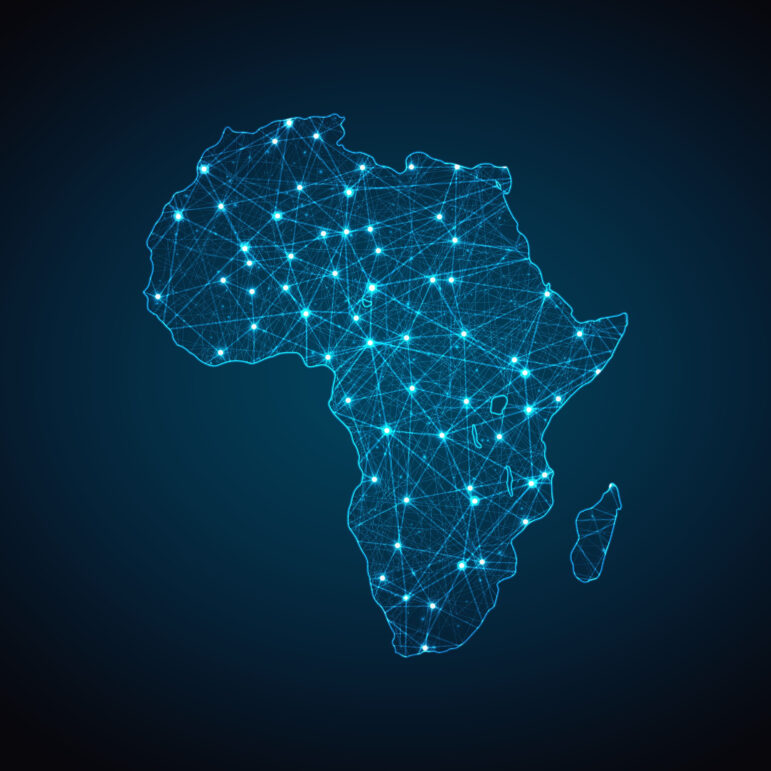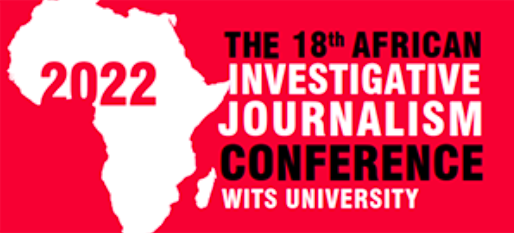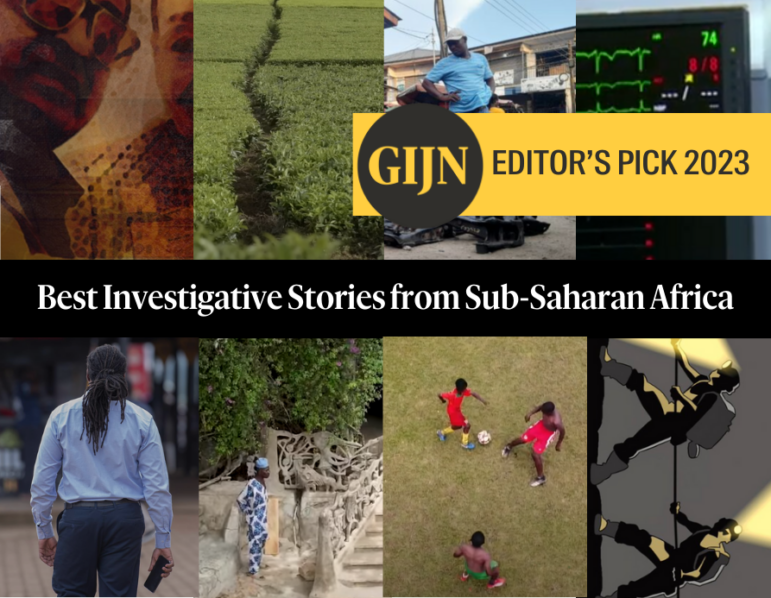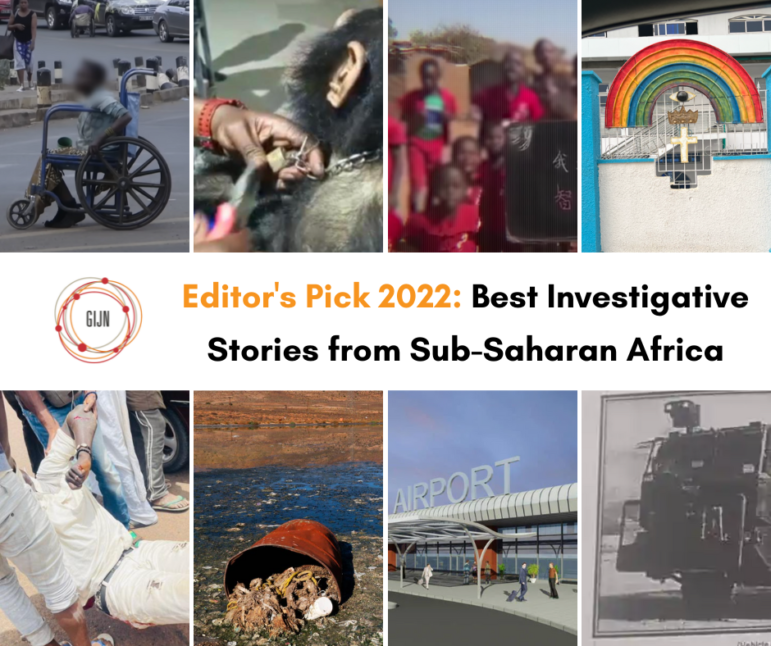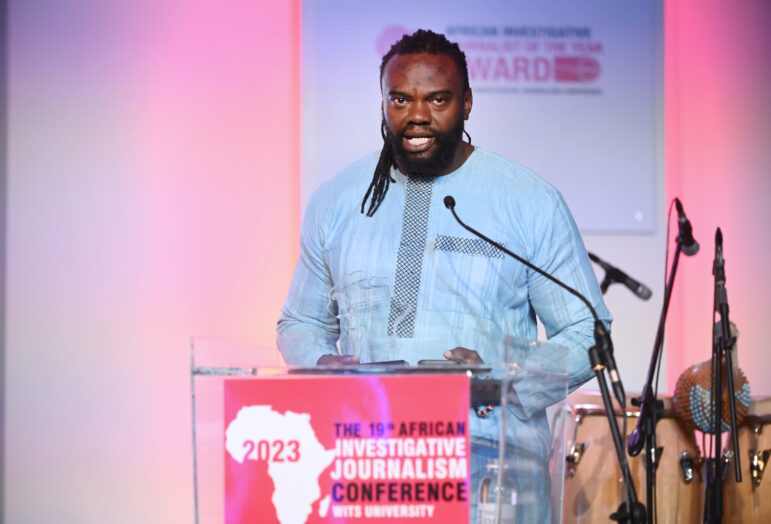

Kenyan journalist Tom Odula received the inaugural African Investigative Journalist of the Year Award for his investigation Sex for Work: The True Cost of Our Tea. Image: Courtesy of AIJC/Wits Journalism
2023 AIJC: Africa’s Premier Investigative Journalism Conference Shows Off Inclusiveness and Intrepid Reporting
In a continent as diverse as Africa, it can sometimes be difficult for organizers of pan-African events to ensure everyone feels included. But at the 19th edition of the African Investigative Journalism Conference, whose impressive metrics eclipsed nearly all the records from last year’s edition, there was a growing sentiment of a greater appreciation for views from the continent’s investigative journalism community that speaks languages besides English.
AIJC’s convener, former Wits University journalism professor Anton Harber, reiterated the growing inclusiveness of the annual event, noting: “This year’s conference had more Francophone African participation than ever before, and stronger gender representation, with 46% of the speakers identifying as women.”
In total, AIJC2023 drew more than 400 participants from at least 35 African countries and 20 other nations around the world. Hosted at the University of the Witwatersrand’s Science Stadium, AIJC2023 featured more than 80 sessions in which at least 150 speakers made presentations.
From day one, when Senegal’s Hamadou Tidiane Sy, founder and director of E-jicom/Ouestaf News, delivered the opening plenary keynote session on “media, journalism and journalists in times of instability” mainly in French with translation to English available, the tone was set for a more inclusive conference. Tidiane, who comes from the West Africa region, where many countries have faced military coups in recent years, and specifically from Senegal, a country with two bordering nations — Mali and Guinea — currently under military regimes, commented on the role of the press in such situations:
“When the military undertakes to take power, they are aware of the importance of controlling public opinion, and this control is achieved through the media. This means confiscating the power of the media, which is sometimes accused of flirting with the enemy,” he said.
“On the other hand, there is also the power of the street, sometimes in the hands of the opposition. Journalists find themselves caught between these two forces. Faced with this situation, what’s left for the journalist to do: tell himself that he’s doing a job that requires courage, and arm himself with it,” Tidiane noted. He then added: “You can’t do journalism by siding with governments, political parties, or other groups. We need to know that we have our own agenda to defend. That agenda is based on impartiality and independence.”
Other highlight remarks at the conference, delivered in English, touched on making it through the generative AI summer by the University of Pretoria’s Chair of Data Science, Vukosi Marivate, and Code for Africa’s managing editor, Athandiwe Saba, and the power of collaboration in investigative journalism by University of Illinois Professor Brant Houston, who is also the chair of the GIJN board.
The Carlos Cardoso Memorial Lecture, an annual address given in honor of the remarkable Mozambican journalist assassinated on November 22, 2000, was delivered in French by award-winning Burkinabe journalist Mariam Ouedraogo. In her nearly one-hour address, Ouedraogo spoke about her reporting on women raped by gunmen in the terrorism-affected areas of her country, Burkina Faso. And though she said she spent several months away from the newsroom due to mental health issues that arose from her reporting on the disturbing sexual violence, Ouedraogo emphasized that she won’t stop going back to the field, meeting other women victims, and telling their stories.
“I consider it as my burden, I am happy to keep bearing it,” she said, while also encouraging other reporters in the region to show more solidarity with reporters facing similar mental health repercussions due to their work.

Live digital sketch by Roy Blumenthal created for the Carlos Cardoso Memorial Lecture on Justice for Families of Killed Journalists, delivered by Burkinabe journalist Mariam Ouedraogo. Illustration: Roy Blumenthal, Courtesy of AIJC
The Executive Director of the East Africa Editors Society, Churchill Otieno, said the most heartwarming aspect of the 2023 conference was that the speakers did not just come to lament about the challenges facing investigative journalism on the continent.
“I am impressed that most of the speakers from across Africa are showcasing very impressive investigative stories and how they have used some of the latest tools to produce that content,” Otieno said. “They have not just come to cry about the problems they are encountering; they are showing their colleagues how to circumvent those challenges to produce good investigative journalism.”
In Kenya, for instance, Africa Uncensored has developed Wizileaks, a tool engineered to furnish journalists with a pragmatic approach to mapping corruption in the country. Similarly, Code for Africa’s Deputy CEO, Chris Roper, took journalists through a session on how to write prompts for using generative AI in investigations. His colleague, Peter Kimani, senior investigative data analyst, presented on social media, guns, and tech — how extremist Sahel groups use a sophisticated digital ecosystem.
“In the digital cat-and-mouse game with extremists, it’s not just about tracking them on common platforms like Facebook… unraveling extremist groups’ strategies and monitoring their smaller, hard-to-find communication channels [such as sites like Chirpwire] helps to tackle extremism beyond the big social media giants,” Kimani said.
During a session on GIJN’s Guide to Investigating Organized Crime in Africa, Sandrine Sawadogo, co-author of the chapter on financial crime shared some tips on how to overcome access-to-information obstacles. “Companies do business. If you can’t get their figures, don’t be discouraged, go and see the people with whom they do business: subsidiaries, customers, suppliers, forwarding agents, carriers,” she advised “If they close the door in your face, go out the window — the solution may lie in another country.”.
During a panel on African investigative books, writer Gilbert Bukeneyeza warned that not just any deep dive investigation is worthy of a book. “The subject really has to go beyond being interesting to become an obsession,” he noted. “A lot happens during the writing of a book, which is considered a marathon. You need something that you can’t control, that pushes you not to give up.”
Veteran South African journalist Paula Fray, founder of Fray Intermedia, said she was excited to see that most of the women speakers at AIJC2023 weren’t relegated to just speaking about gender-related topics. “Many women speakers are not limiting themselves to discussing issues affecting women. They are talking about things that affect investigative journalism on the continent generally, which is good because they are bringing their insights on issues affecting the wider journalism ecosystem to the table,” she said.
AIJC2023 also celebrated the best of African investigative journalism. On the evening of the conference’s second day, Kenyan investigative broadcast journalist Tom Odula received the inaugural African Investigative Journalist of the Year award for his BBC Africa Eye story titled Sex for Work: The True Cost of Our Tea.
Odula was rewarded with US$5,000 for his work, while runner-up Dewald van Rensburg of amaBhungane received recognition for his investigation into how “shape-shifting money launderers” have infiltrated South African banks.
On the same awards night, Anton Harber received a lifetime achievement award to recognize his nearly two decades of nurturing and growing the AIJC, which has evolved from a local South African event for radio journalists to today’s globalized meeting of investigative journalists.
“This journey of 19 years has been fantastic,” said Harber, who will be succeeded as AIJC convener by Beauregard Tromp, a veteran South African investigative journalist who doubles as OCCRP’s Africa editor. “I am very pleased that Beauregard is taking over. I feel a sense of confidence that things will not just continue, but grow because there are still great things to be done with this conference.”
For details on other conference sessions, you can find all AIJC2023 materials here.
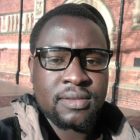 Benon Herbert Oluka, GIJN’s Africa editor, is a Ugandan multimedia journalist. Benon is a mentor for the 2023/2024 African Union Media Fellowship cohort. His work has been recognized three times on the African continent as the winner of the 2008 Akintola Fatoyinbo Africa Education Journalism Award (First Prize, English category), the 2011 CNN-MultiChoice African Journalist of the Year Award (Tourism category), and the Thomson Reuters’ 2011 Niall FitzGerald Prize for Young African Journalists.
Benon Herbert Oluka, GIJN’s Africa editor, is a Ugandan multimedia journalist. Benon is a mentor for the 2023/2024 African Union Media Fellowship cohort. His work has been recognized three times on the African continent as the winner of the 2008 Akintola Fatoyinbo Africa Education Journalism Award (First Prize, English category), the 2011 CNN-MultiChoice African Journalist of the Year Award (Tourism category), and the Thomson Reuters’ 2011 Niall FitzGerald Prize for Young African Journalists.
 Maxime Domegni is GIJN’s Francophone Africa editor and an award-winning journalist with years of experience in investigative journalism. He has worked, among others, as editor-in-chief of the Togolese investigative newspaper L’Alternative. He has also collaborated with different media organizations, notably with the Swiss-based Fondation Hirondelle as West African Correspondent for the justiceinfo.net website.
Maxime Domegni is GIJN’s Francophone Africa editor and an award-winning journalist with years of experience in investigative journalism. He has worked, among others, as editor-in-chief of the Togolese investigative newspaper L’Alternative. He has also collaborated with different media organizations, notably with the Swiss-based Fondation Hirondelle as West African Correspondent for the justiceinfo.net website.
 Aïssatou Fofana is assistant editor for the GIJN Afrique program. She is based in Abidjan, Côte d’Ivoire, and is also a communications specialist, blogger, and freelance journalist with a strong background in environmental journalism. As a media entrepreneur, she recently co-founded an online media outlet, L’écologiste, to amplify environmental information.
Aïssatou Fofana is assistant editor for the GIJN Afrique program. She is based in Abidjan, Côte d’Ivoire, and is also a communications specialist, blogger, and freelance journalist with a strong background in environmental journalism. As a media entrepreneur, she recently co-founded an online media outlet, L’écologiste, to amplify environmental information.

